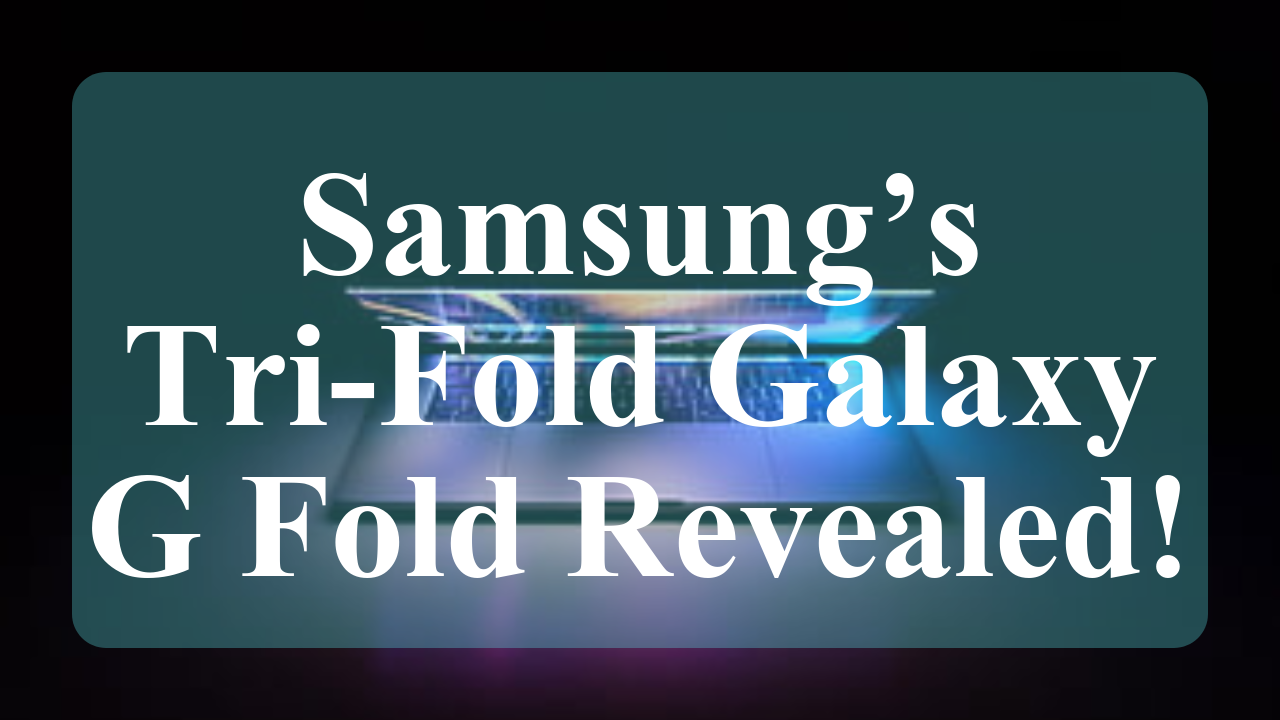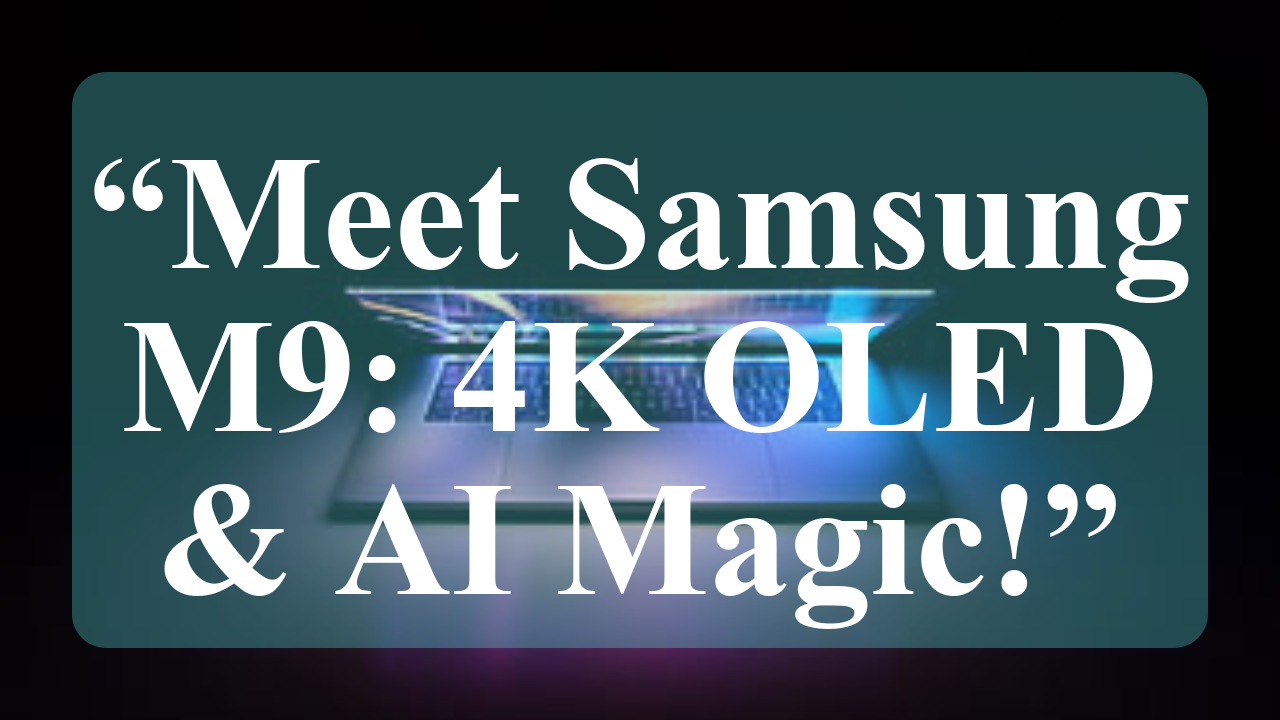Samsung’s Galaxy AI promises transformative features, but is it groundbreaking or overhyped? Recent updates focus on AI-driven security, photography, and smart home integration, yet challenges like delayed chip sales and privacy concerns raise questions. With One UI 8 and new devices launching, we explore whether Galaxy AI redefines smartphones or falls short amidst fierce competition.
Samsung’s Galaxy AI: Breakthrough or Buzzword?
AI-Powered Security Takes Center Stage
Samsung’s latest announcement highlights Knox Enhanced Encrypted Protection (KEEP), a system-level architecture designed to secure AI-driven features. KEEP creates encrypted, app-specific storage, ensuring sensitive data like user routines and preferences remains on-device. Paired with Knox Vault, Samsung’s tamper-resistant hardware, it aims to address privacy concerns in an AI-driven world. The upcoming One UI 8 will integrate these features, with proactive threat responses like automatic Samsung Account sign-outs if a device is compromised.
Photography Gets an AI Makeover
Galaxy AI is transforming smartphone photography with intuitive tools. Features like Smart Gallery Search allow users to find photos using contextual queries, such as “cats in superhero costumes,” by parsing image content and metadata. Portrait Studio offers stylized filters, turning selfies into comic-book art or space-themed portraits. These enhancements, debuted with the Galaxy S25 series, aim to make photography seamless and creative.
SmartThings Platform Goes Smarter
Samsung’s SmartThings platform now supports natural language control, simplifying smart home management. Features include automation sequences, like morning routines that activate lights, coffee makers, and blinds in sync. The Calm Onboarding program, expanded to 58 countries, streamlines setup for devices like Galaxy Watch and Bespoke AI appliances, enhancing cross-device compatibility, including with Apple products.
AI Chip Struggles Cast a Shadow
Despite AI advancements, Samsung faces challenges in the chip market. A 39% drop in Q2 2025 profits, attributed to weak AI chip sales, signals struggles to compete with rivals like SK Hynix and Micron in high-bandwidth memory (HBM) chips for AI data centers. U.S. restrictions on advanced chip exports to China further complicate Samsung’s semiconductor ambitions.
Privacy vs. Innovation Debate
Samsung’s focus on on-device AI processing addresses privacy concerns, unlike competitors like Google, which faced backlash over Gemini’s access to private data. However, integrating third-party AI, like Google’s Gemini for video generation or potential Perplexity partnerships, raises questions about data control. Samsung’s promise to keep Galaxy AI features free for now may also shift, with possible subscriptions looming post-2025.
Foldables and Beyond: What’s Next?
At the Galaxy Unpacked event on July 9, 2025, in New York, Samsung is set to unveil the Galaxy Z Fold7, Z Flip7, and a budget-friendly Fan Edition Flip. These devices will feature enhanced AI capabilities, slimmer designs, and upgraded cameras. Rumors also hint at a tri-foldable device, signaling Samsung’s ambition to lead in foldable innovation.
India-Specific Innovations
Samsung’s India-focused R&D has introduced features like Stain Wash for washing machines, tailored for local conditions. The Bespoke AI appliance range, launched in June 2025, targets 70% of appliance revenue from AI-enabled products by year-end. The Galaxy M36 5G, priced at Rs 22,999, brings AI features to mid-range users, supported by six OS upgrades.
Disclaimer: This article is based on recent news, reports, and industry insights from sources like Forbes, Reuters, and SamMobile. Information is accurate as of July 8, 2025, but subject to change as new developments emerge. Readers are advised to verify details through official Samsung announcements.




